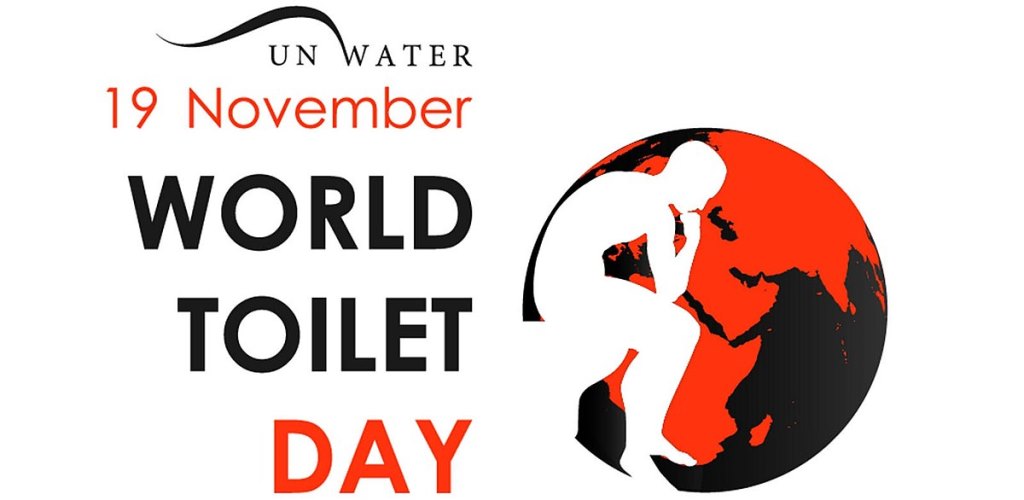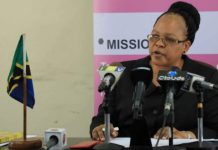AfricaPress-Tanzania: AS Tanzania joins the rest of the world to commemorate the World Toilet Day on Thursday, it has been noted that seven per cent of the country’s population does not have toilets.
This was said on Thursday in Dodoma by the Director of Technical Service at Water AidTanzania, Gloria Kafuria at a news conference where she, however, insisted that 93per cent of Tanzanians had toilet facilities.
“In Tanzania Mainland, 93per cent of households have any toilet facility. Out of homes with any toilet facility, 82per cent have unimproved toilet facilities, while 18per cent have improved toilet facilities,” she said, attributing the statistics from the Household Budget Survey 2017/ 18 conducted by the National Bureau of Statistics (NBS).
NBS statistics show that households in urban areas are more likely to have improved toilet facilities by 33.5per cent than households in rural areas (8.9per cent) and only 70-80per cent of the urban population resides without the necessary sanitation infrastructure and waste collection services.
Statistics further reveal that by 2016, only ten towns/cities had sewerage systems, and even then, they covered a tiny proportion of the population (only 20per cent) of the total urban population). This shows that sewerage services in urban areas need more attention. The rapid growth of cities and towns puts an ever-increasing pressure on the urban infrastructure (transport, housing, energy, water and sanitation).
According to WaterAid Tanzania Communications and Campaigns Officer, Neema Kimaro, this year’s World Toilet Day is commemorated under the theme ‘Sustainable sanitation and climate change’.
She said that in recent years, WaterAid Tanzania had witnessed the effects of floods on lives, livelihoods, and sanitation facilities and infrastructures, displacing thousands of people, and prevented them from accessing proper sanitation facilities.
“To respond to these challenges, WaterAid Tanzania introduced seven decentralized wastewater treatment systems (DEWATS) in 2016 to provide safe and effective faecal sludge management to urban areas, turning waste into productive by-products, like biofuel fertilizer. WaterAid’s model has been scaled-up by the World Bank and is now used to address sanitation concerns for cholera prevention in Zanzibar through the Innovation Fund.
Ms Kimaro further hinted that alongside this, WaterAid Tanzania piloted innovative technologies for safe pit emptying, including the gulper pump and innovative methods by working with small entrepreneurs to test viable business models.
WaterAid Tanzania works to ensure the most vulnerable people get improved access to clean water, decent toilets and good hygiene. The organization does this by supporting the sector to unblock some of the key challenges they face to achieve the current national WASH targets.







